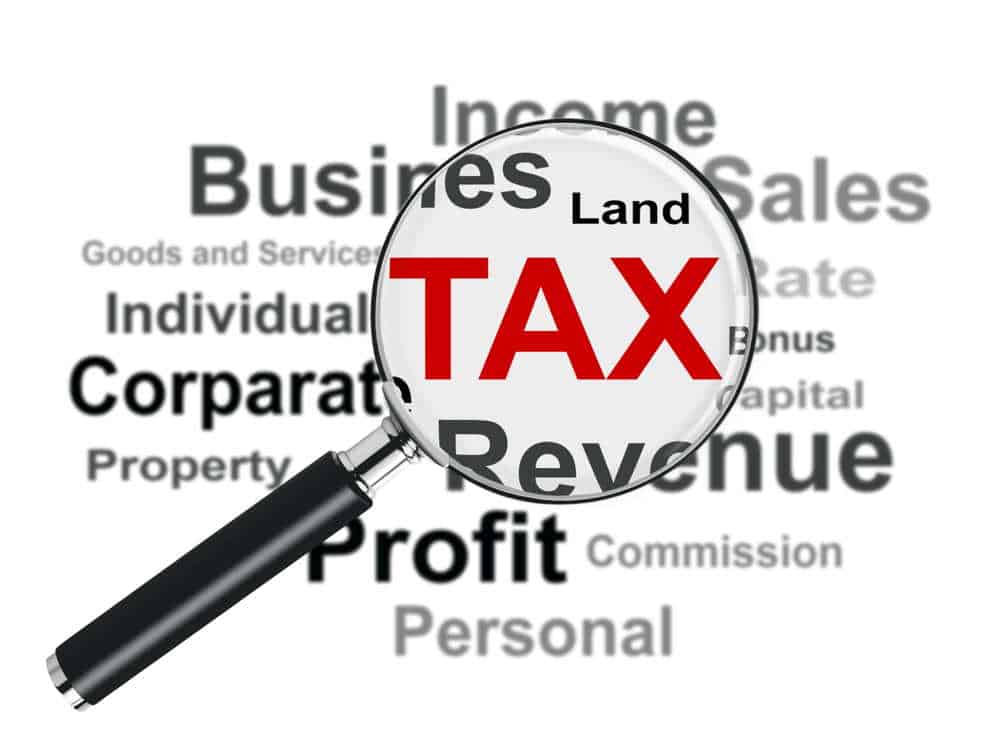What is an offshore tax haven in 2017? Are there any tax havens left after FATCA and the OECD regulations have been adopted by banks around the world? What does it mean to be a tax haven these days? Can you achieve privacy in your financial transactions while staying within the law?
When we talk about an offshore tax haven in 2017, we mean a country that has a low tax rate on capital gains and foreign sourced profits and that has a tax system which compatible with that of your home country. A FATCA and OECD compliant country that allows you to legally reduce your taxes and protect your assets from future civil creditors.
What we don’t mean when we talk about an offshore tax haven in 2017 a country that will help you hide your income from your government or tax authorities. The days of an offshore haven as depicted in John Grisham’s The Firm, are long gone.
That is to say, a tax haven in 2017 is a country with an efficient tax code, and/or statutes that will help you to protect and grow your assets in the most efficient and compliant manner possible. Also, these tax laws and asset protection statutes must be compatible with the laws of your home country.
Let’s start with the tax rate. An offshore tax haven won’t tax you on your capital gains. In addition, a tax haven won’t tax you on your business income earned in an offshore structure. At least, they won’t tax you on foreign sourced business profits.
Foreign sourced profit is income earned from selling a product or service from the tax haven into another country. For example, you set up a business in Panama that sells into the United States… income earned in the Panama company from work performed in Panama is foreign source and not taxable in Panama.
Some countries, like the US, tax worldwide income and some tax only local source income. If you set up a restaurant in Panama, you will pay local tax. If you sell to Panamanians, you will pay local tax. If you sell from Panama to persons in the US, you’ll pay zero tax in Panama. For more information, see: Which Countries Tax Worldwide Income?
This new definition of tax haven in 2017 has made for some interesting changes in the industry. For example, the top tax haven for high net worth Americans, or US businesses netting $1 million or more a year, is the US territory of Puerto Rico.
A US citizen that moves to Puerto Rico, and spends at least 183 days a year on the island, can eliminate capital gains tax on assets acquired after the move. Puerto Rico is the ONLY way for a US citizen to avoid capital gains tax which makes PR a top tax haven for gringos.
Also, you can cut your corporate tax rate from 4% on Puerto Rico sourced income. Set up a service business in Puerto Rico, hire a minimum of 5 people, and pay only 4% in corporate tax on profits generated by those employees.
A “service” business is a company that provides a service from Puerto Rico to persons or companies outside of Puerto Rico. This export service strategy is meant to bring jobs to the island and increase wages. For more, see: How to benefit from Puerto Rico’s bankruptcy.
I say that Puerto Rico is the top tax haven businesses netting $1 million or more because of the requirement to hire 5 full time employees. If you’re operating an internet marketing business that can benefit from 5 employees, then Puerto Rico is for you. For more, see: Puerto Rico Tax Deal vs Foreign Earned Income Exclusion.
Experience the Insider community that takes your international lifestyle to the next level. Download your FREE guide
"18 Steps to Implementing Your Plan B" instantly!
Puerto Rico might be a great offshore tax haven, but it’s not an asset protection jurisdiction. The island has it’s own tax code (IRC Section 933), but most other Federal laws apply. Also, the IRS can levy any bank in Puerto Rico.
Therefore, if you need privacy and protection in a tax haven, look elsewhere. You might consider Cayman Islands for an internet business, Cook Islands for the best trusts, and Panama for the best value in offshore structures and foundations.
The problem with these jurisdictions is that most are getting out of the offshore banking business. Singapore, Panama, Hong Kong and Cayman are all eliminating small to medium sized bank accounts, especially businesses.
If you want an account in a top offshore tax haven in 2017, you need a residency visa. Banks want you to show a connection to the country and a need (not a desire) for an account. The easiest way to do this is to become a legal resident. Basically, offshore tax havens have instituted a pay to play policy.
You can get residency in Singapore with an investment of $2.5 million. In contrast, you can get residency in Panama with $20,000. Invest this amount in Panama’s green initiative and have legal residency in about 2 months. Fore more, see: Best Panama Residency by Investment Program.
I hope you’ve found this article on offshore tax havens in 2017 to the helpful. For more information on setting up a business in Puerto Rico or abroad, and asset protection, please contact me at info@premieroffshore.com or call us at (619) 550-2743. All consultations are free and confidential.
Like Our Articles?
Then make sure to check out our Bookstore... we have titles packed full of premium offshore intel. Instant Download - Print off for your private library before the government demands we take these down!








